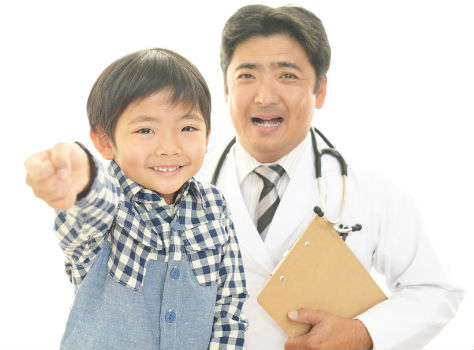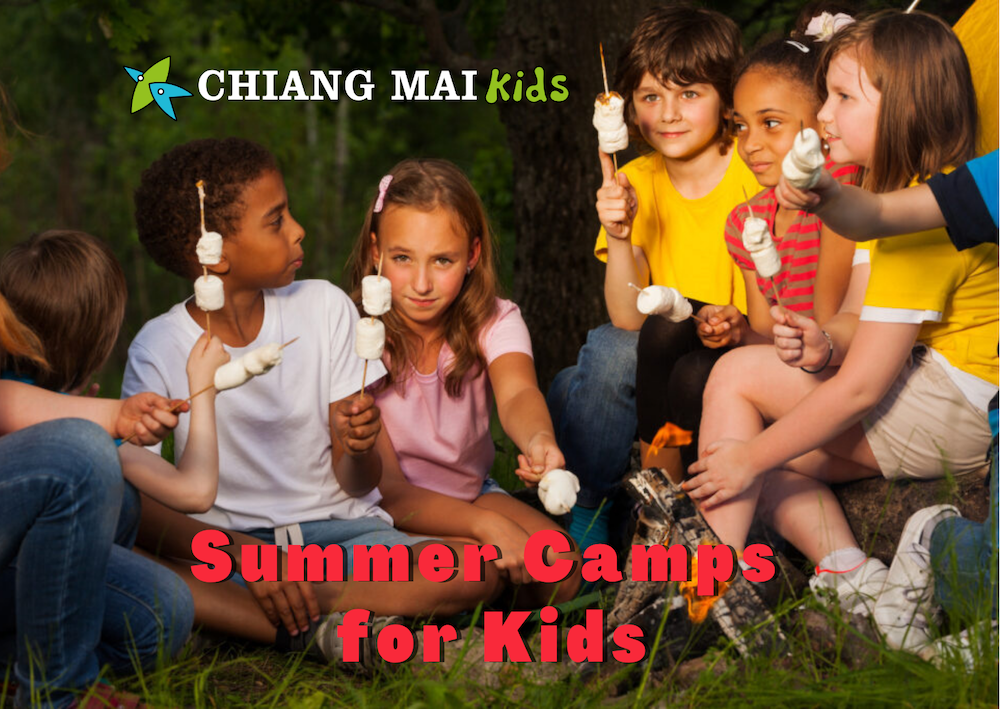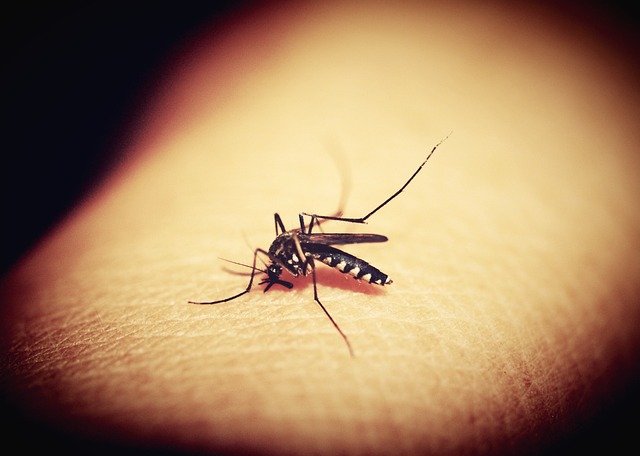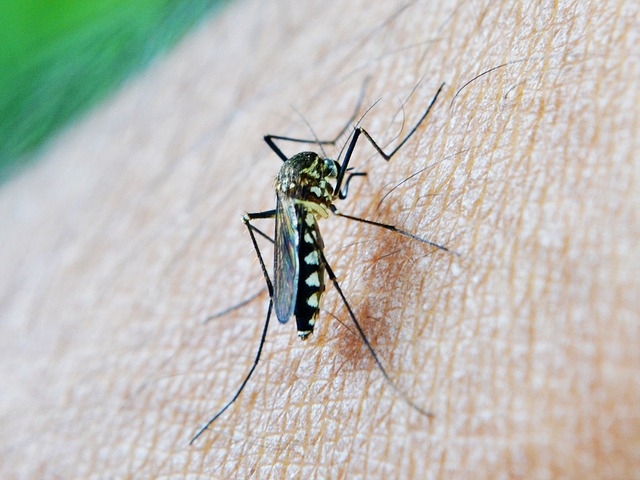Learning that your child has a behavioral disorder can be an overwhelming and frustrating experience, both for you and your child. So, it’s important to be aware of your options and resources to help make this transition smoother, and provide your child with a treatment option that works best for their overall well-being. Luckily, there are several options to help minimize the damage from, and manage your child’s condition. These options can include education, psychotherapy, and medication, all of which are explored in this article. If behavioral issues are not addressed at an early ages, frustrated or misunderstood children and more likely to develop more serious mental health issues later in life.
No matter the behavioral disorder, the sooner the condition is diagnosed, the sooner childcare professionals and parents can offer specialized treatments and a healthy environment best suited for the developing child.
Ages to Look for Behavioral Disorders
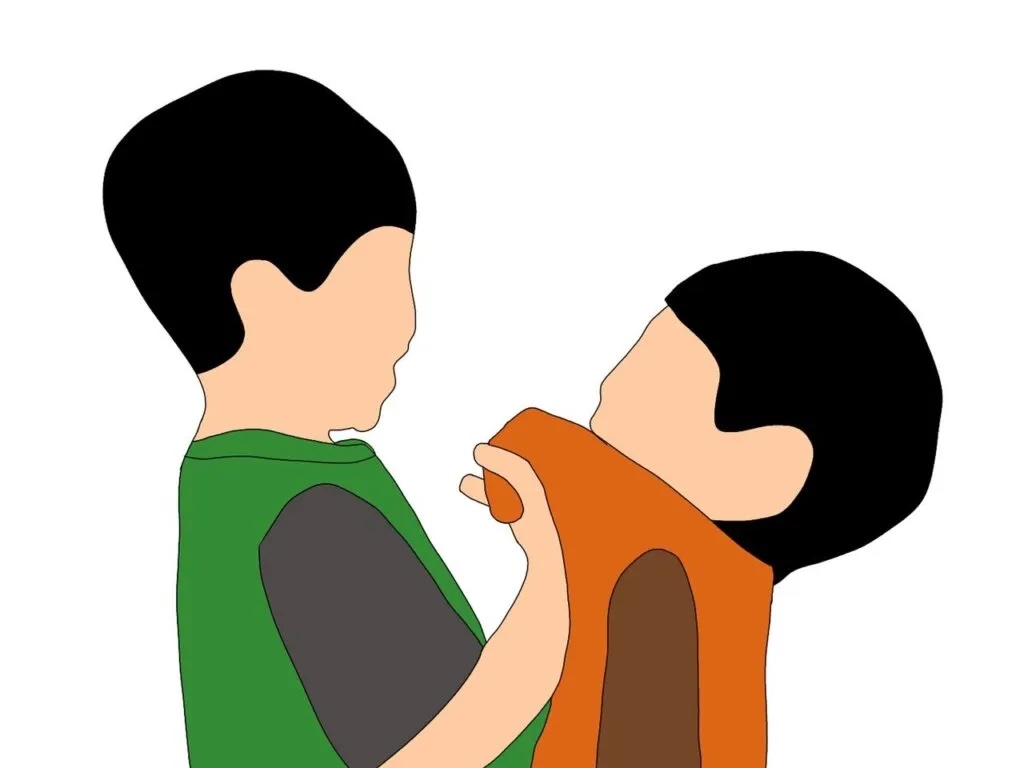
There are three common behavioral disorders in young children: Attention Deficit Hyperactivity Disorder (ADHD), Autism Spectrum Disorder (ASD), and Separation Anxiety Disorder (SAD). The symptoms associated with these disorders were explored in a recent article here, and now we can discuss when to start looking for these symptoms.
These behavioral disorders occur before the age of ten years old. ADHD may be diagnosed in children as young as four years old, while signs of autism may begin in children who are less than two years old. Although it is very common for toddlers to go through a short phase of separation anxiety, symptoms of SAD may appear around the age of five or six.
Education & Support Programs
One way to help manage a child’s behavioral disorder is through educating the entire family about what can be expected and the special ways to handle situations.
There are support groups and programs which connect parents and childcare professionals with one another. This provides an excellent opportunity for parents to share knowledge, resources, situation handling, and emotional support in a safe and caring environment. It also connects parents and children with childcare professionals.
Psychotherapy
Depending on the child’s age, seeing a mental health professional who specializes in child psychology is also a viable treatment option. This type of treatment allows the child to better understand his or her condition, as well as learn about healthy ways for dealing with his or her unhealthy thoughts or behaviors.
There are many kinds of therapy that can suit the needs of children with behavioral disorders. One of the more widely used methods is cognitive behavioral therapy (CBT). It combines cognitive therapy, which focuses on a person’s thoughts and beliefs, with behavioral therapy, which focuses on a person’s actions. The goal of CBT is to change unhealthy thoughts and actions into something positive.
This therapy is effective because it teaches the child to first identify their negative thoughts and then evaluate their thoughts from a rational point of view. Finally, they are taught to replace their negative thoughts and subsequent unhealthy behavior with more positive thoughts and actions.
Medication
Depending on the illness and its severity, medication can be an option. This can be done independently or in conjunction with educational programs and/or psychotherapy.
Treating a young child’s behavioral disorder with medication should be considered only after exhausting all other non-medical treatment options. Your doctor will re-evaluate your child’s mental and behavioral health to understand their needs before prescribing the right medication. Keep in mind that medication works differently in a developing child than it does in an adult.
Although this can be a challenging and frustrating time for parents, there are a lot of options for treatment and plenty of support groups and networks of parents who have experience with similar issues. Therefore, it is possible to get through this difficult time successfully, and eventually arrive at a place where both parents and children enjoy better times without the weight of behavioral disorders getting in the way of a happy childhood.

